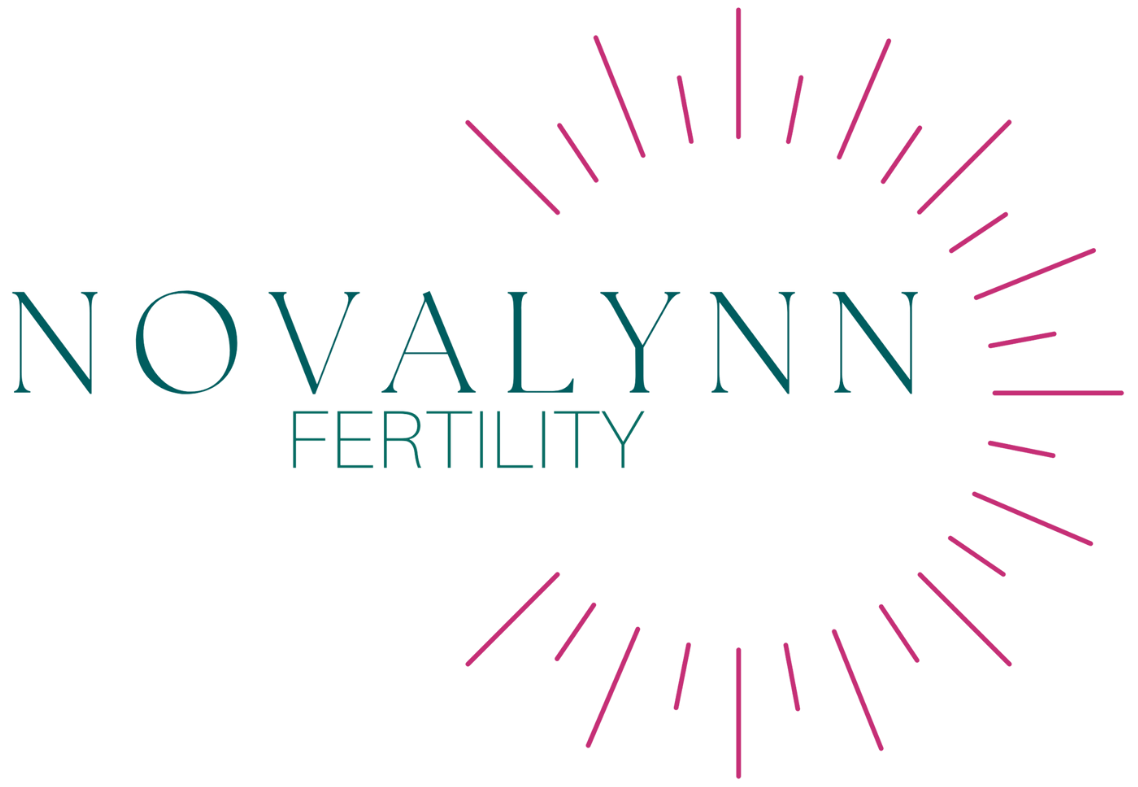What Is a Hysterosalpingogram (HSG)? Is it Painful? Can It Make You More Fertile?
After initial baseline testing is done — and when the journey towards parenthood hits roadblocks, couples often find themselves navigating a maze of medical procedures as they seek fertility treatments and do research. One procedure that frequently comes into play is the Hysterosalpingogram (HSG). Here are some answers to some common questions about the HSG!
1. What is an HSG?
HSG stands for Hysterosalpingogram. It’s a specialized X-ray procedure used to examine the uterus and fallopian tubes of a woman. This diagnostic test provides valuable insights into the shape and structure of the uterus and identifies any blockages or abnormalities in the fallopian tubes, which could be hindering conception.
2. When will a fertility clinic recommend an HSG?
Fertility clinics typically recommend an HSG for couples struggling with infertility. It is often one of the first tests performed to evaluate the female reproductive system's health and functionality. Women who have experienced recurrent miscarriages or pelvic pain may also undergo an HSG to identify potential underlying issues. It might also be recommended if a woman has had an ectopic pregnancy that may have caused severe scarring of the fallopian tubes.
3. Explain the process and devices used.
During an HSG, a radiologist or gynecologist inserts a speculum into the vagina to visualize the cervix. Then, a thin catheter is inserted through the cervix into the uterus, and a special dye is injected into the uterus. As the dye flows through the uterus and fallopian tubes, X-ray images are taken to monitor its progress. These images help identify any abnormalities, such as blockages or abnormalities in the fallopian tubes.
4. Is an HSG painful?
The level of discomfort experienced during an HSG varies from woman to woman. Some women may feel mild cramping or discomfort similar to menstrual cramps, while others may find the procedure more uncomfortable.
5. What are the possible complications?
Although rare, complications from an HSG can include infection, allergic reactions to the dye used, or injury to the uterus or fallopian tubes. It's essential to discuss any concerns or medical conditions with your healthcare provider before undergoing the procedure.
6. Does having an HSG exam make you more fertile?
While an HSG does not directly increase fertility, it can help identify and address potential issues that may be impacting fertility. For example, if blockages are detected in the fallopian tubes during the HSG, further treatment options such as surgery or in vitro fertilization (IVF) may be recommended to improve the chances of conception.
7. Can an HSG clear your tubes?
In some cases, the pressure from the dye injected during the HSG can clear minor blockages in the fallopian tubes. However, significant blockages may require additional treatment, such as surgery, to address.
8. Can they administer anesthesia?
Anesthesia is typically not required for an HSG. Most women tolerate the procedure well with only mild discomfort. However, if you have concerns about pain or discomfort, discuss them with your healthcare provider beforehand.
9. When can you have intercourse before and/or after an HSG?
It's generally recommended to avoid intercourse days before and after an HSG to reduce the risk of infection. Your healthcare provider will provide specific guidelines based on your individual situation. If there is the slightest chance that you could be pregnant, an HSG cannot be performed as x-rays could put your pregnancy at risk. For this reason, you should not have unprotected sexual intercourse from the first day of your period until after the procedure.
10. Is an HSG more painful than a pap smear?
The level of discomfort experienced during an HSG varies among women and may depend on factors such as individual pain tolerance and the presence of any underlying conditions. Some women find an HSG more uncomfortable than a Pap smear, while others may not notice much of a difference. Communication with your healthcare provider about any concerns or discomfort is essential.
While undergoing an HSG may seem daunting, it is generally a valuable diagnostic tool that can provide crucial information about the health and functionality of the female reproductive system. By addressing any issues identified during the HSG, couples can take proactive steps towards achieving their dream of parenthood.
